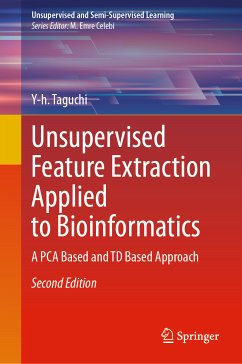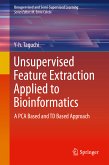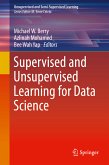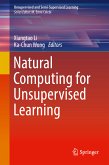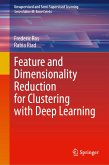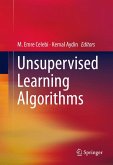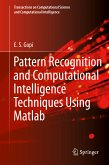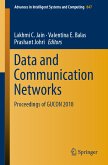This updated book proposes applications of tensor decomposition to unsupervised feature extraction and feature selection. The author posits that although supervised methods including deep learning have become popular, unsupervised methods have their own advantages. He argues that this is the case because unsupervised methods are easy to learn since tensor decomposition is a conventional linear methodology. This book starts from very basic linear algebra and reaches the cutting edge methodologies applied to difficult situations when there are many features (variables) while only small number of samples are available. The author includes advanced descriptions about tensor decomposition including Tucker decomposition using high order singular value decomposition as well as higher order orthogonal iteration, and train tensor decomposition. The author concludes by showing unsupervised methods and their application to a wide range of topics.
- Allows readers to analyze data sets with small samples and many features;
- Provides a fast algorithm, based upon linear algebra, to analyze big data;
- Includes several applications to multi-view data analyses, with a focus on bioinformatics.
Dieser Download kann aus rechtlichen Gründen nur mit Rechnungsadresse in A, B, BG, CY, CZ, D, DK, EW, E, FIN, F, GR, HR, H, IRL, I, LT, L, LR, M, NL, PL, P, R, S, SLO, SK ausgeliefert werden.

